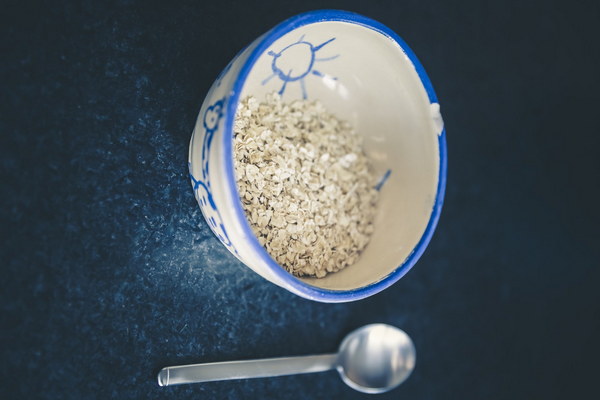The Ultimate Guide to Body Care for Female Teachers Prioritizing Health and Well-being
In the bustling world of education, female teachers often find themselves caught up in the whirlwind of lesson planning, grading, and managing a classroom full of eager students. However, amidst the chaos, it is crucial for these dedicated educators to prioritize their own health and well-being. This article aims to provide valuable insights and practical tips on how female teachers can effectively maintain their physical and mental health.

1. Regular Exercise
Exercise is not only essential for physical health but also plays a significant role in reducing stress and improving mental well-being. Female teachers can incorporate the following exercises into their daily routine:
a. Cardiovascular exercises: Engage in activities such as running, cycling, or swimming to boost heart health and increase energy levels.
b. Strength training: Incorporate strength training exercises, such as weightlifting or bodyweight workouts, to build muscle and improve bone density.
c. Flexibility and balance: Practice yoga or Pilates to enhance flexibility, balance, and reduce the risk of injuries.
2. Balanced Diet
A well-balanced diet is vital for maintaining optimal health. Female teachers should focus on incorporating the following nutrients into their meals:
a. Whole grains: Consume whole grains such as brown rice, whole wheat bread, and oatmeal to provide sustained energy throughout the day.
b. Fruits and vegetables: Aim to consume a variety of fruits and vegetables to ensure a wide range of vitamins, minerals, and antioxidants.
c. Lean proteins: Include lean proteins such as chicken, fish, tofu, or legumes to support muscle growth and repair.
d. Healthy fats: Incorporate healthy fats such as avocados, nuts, and olive oil to promote heart health and brain function.
3. Adequate Sleep
Sleep is crucial for the body's recovery and overall well-being. Female teachers should aim to get 7-9 hours of quality sleep each night. To improve sleep, consider the following tips:
a. Establish a consistent sleep schedule: Go to bed and wake up at the same time every day, even on weekends.
b. Create a comfortable sleep environment: Keep the room cool, dark, and quiet to promote better sleep.
c. Limit screen time before bed: Avoid using electronic devices such as smartphones, tablets, and computers for at least an hour before bedtime.
4. Stress Management
Teaching can be a stressful profession, and female teachers must learn effective stress management techniques. The following strategies can help:
a. Mindfulness and meditation: Practice mindfulness and meditation to reduce stress and improve focus.
b. Time management: Organize your time effectively to minimize stress and ensure you have enough time for self-care.
c. Social support: Maintain a strong support system of friends, family, and colleagues to share your thoughts and feelings.
5. Regular Health Check-ups
It is essential for female teachers to schedule regular health check-ups to detect any potential health issues early. Some recommended check-ups include:
a. Annual physical examination: A comprehensive check-up to assess overall health and identify any risk factors.
b. Pap smear and breast examination: These tests are crucial for detecting early signs of cervical and breast cancer.
c. Eye and dental exams: Regular eye and dental check-ups can help identify and address any issues early on.
In conclusion, female teachers play a vital role in shaping the future generation. By prioritizing their health and well-being through regular exercise, a balanced diet, adequate sleep, stress management, and regular health check-ups, they can ensure they are in the best possible condition to continue making a positive impact on their students' lives. Remember, a healthy teacher is a happy teacher!









